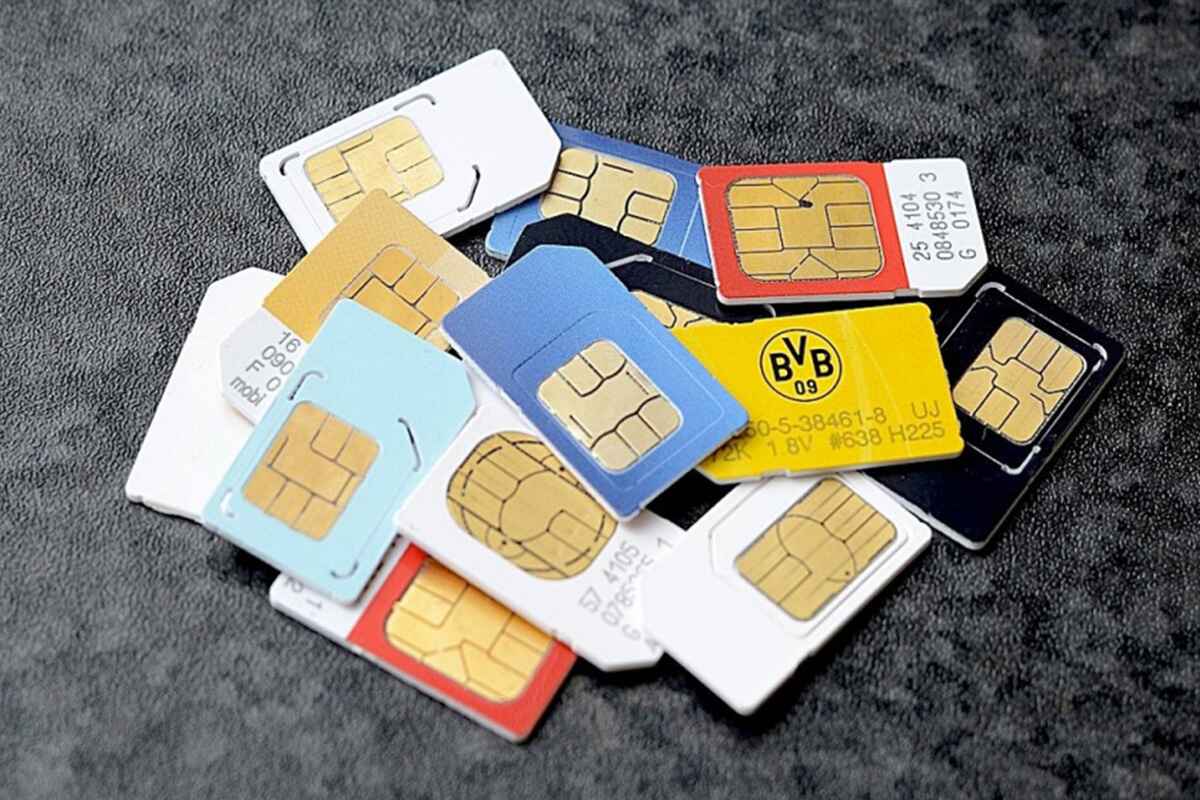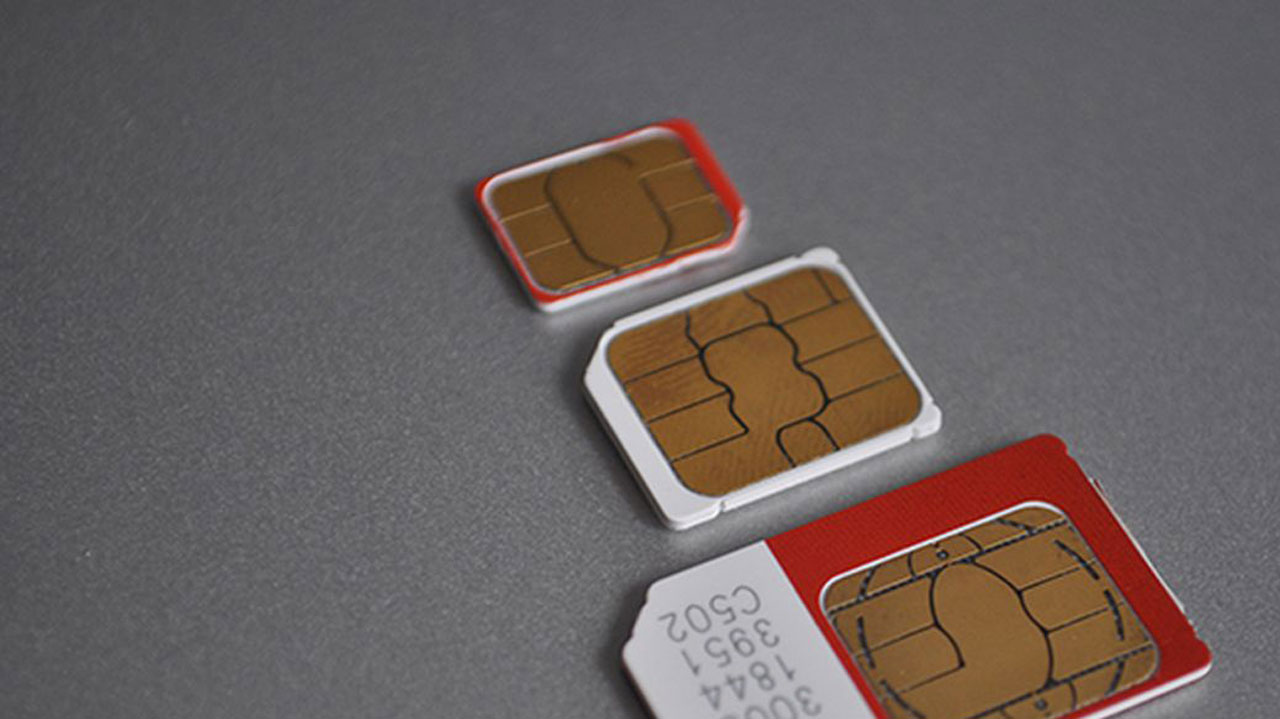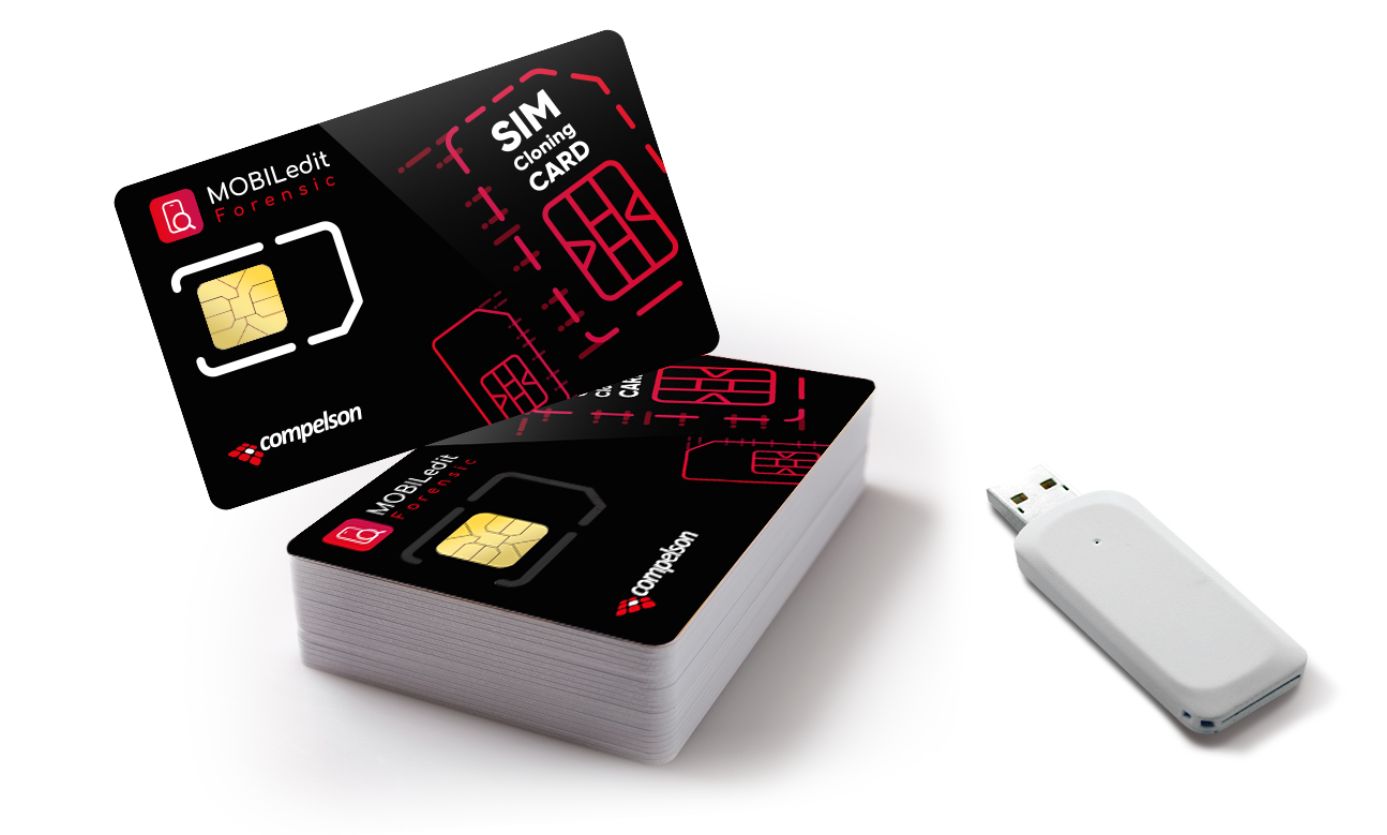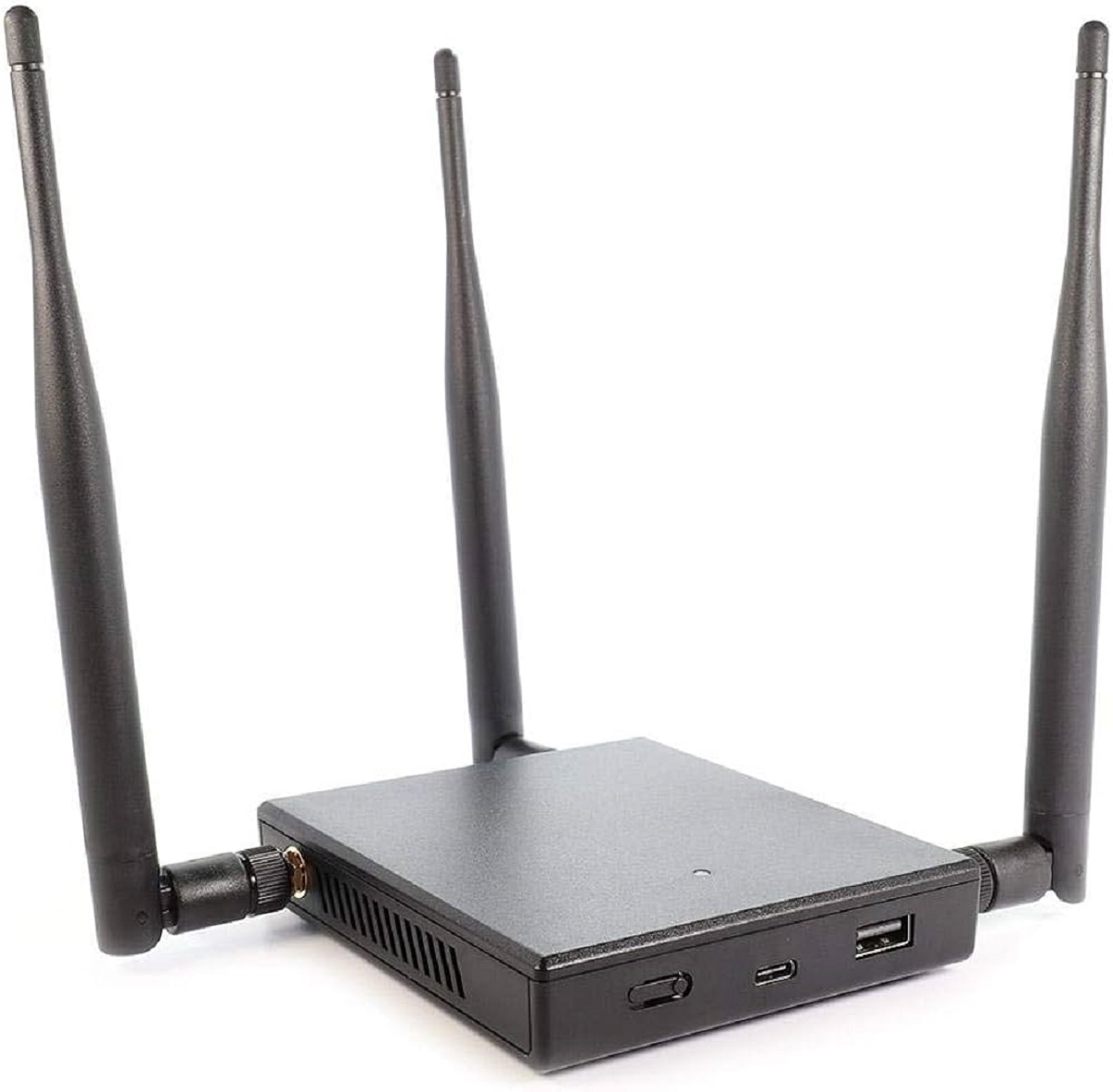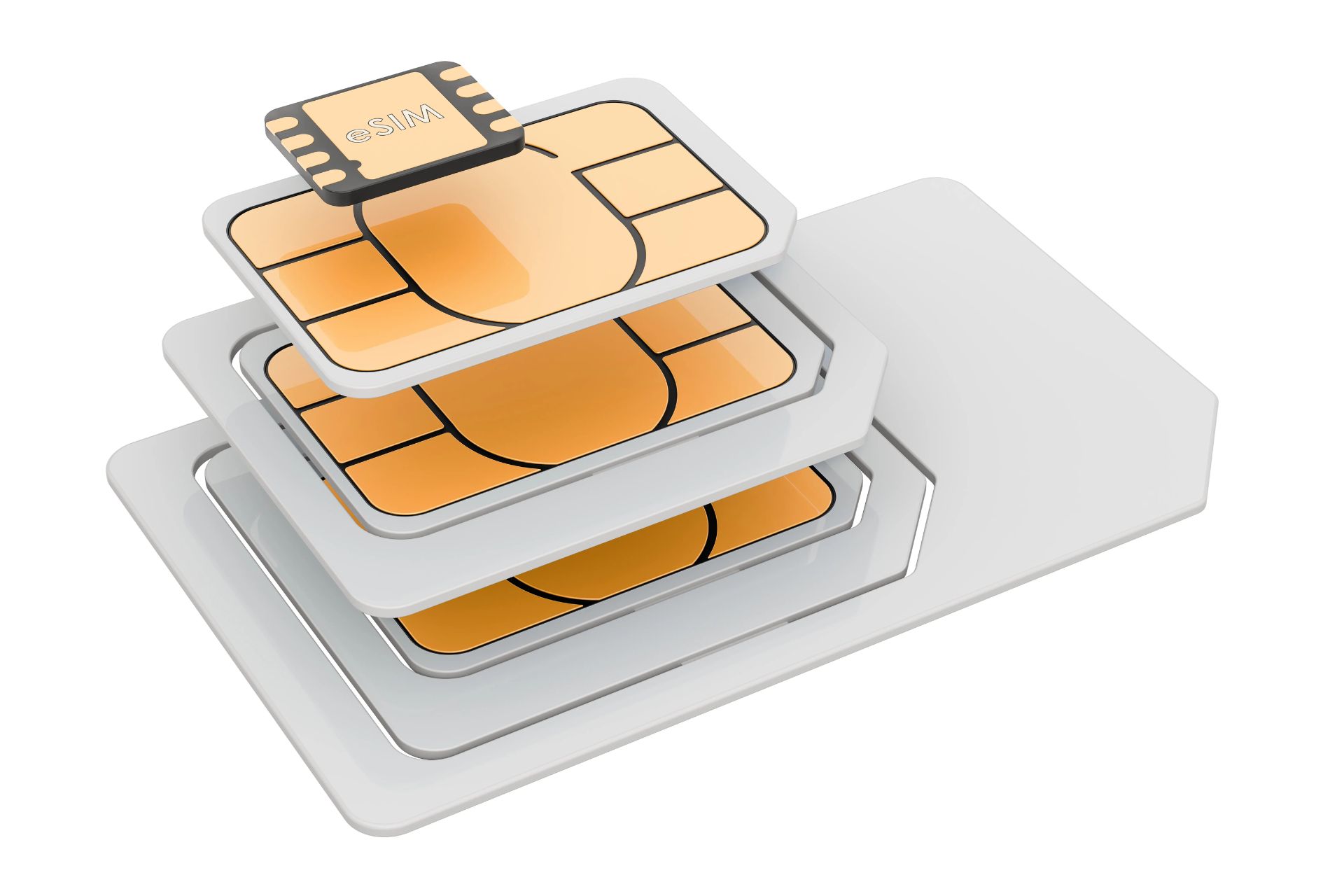Unexplained Charges or Activity
If you notice unexplained charges on your mobile bill, it could be a sign that your SIM card has been compromised. These charges may appear for premium rate services, international calls, or unauthorized purchases. Keep an eye out for unfamiliar transactions, especially those that seem out of the ordinary based on your typical usage patterns.
In addition to unidentified charges, a sudden surge in data usage or texts from unknown numbers could indicate unauthorized activity on your SIM card. Hackers may exploit your SIM card to engage in activities that result in excessive data consumption or communication with unfamiliar contacts. Such irregularities in your billing statement should prompt a thorough investigation to determine if your SIM card security has been compromised.
It's crucial to regularly review your mobile bill and scrutinize each item to detect any discrepancies that could point to a hacked SIM card. By staying vigilant and promptly addressing any unexplained charges or unusual activity, you can take proactive measures to safeguard your personal information and prevent further unauthorized usage of your SIM card.
Loss of Service or Reception
Experiencing a sudden loss of service or reception on your mobile device can be frustrating, but it can also be a red flag indicating a potential security breach involving your SIM card. When your device consistently displays "No Service" or "No Signal" in areas where you previously had strong reception, it may suggest that unauthorized changes have been made to your SIM card's settings. Hackers could manipulate your SIM card to redirect calls and messages, rendering your device unable to connect to the network as intended.
Moreover, if you encounter intermittent service disruptions or unexpected call drops, it could be a symptom of SIM card tampering. These disruptions may occur even in areas with strong network coverage, signaling that your device's ability to communicate with the network has been compromised.
It's essential to differentiate between service issues caused by network outages and those stemming from potential SIM card security breaches. Network outages are typically widespread and affect multiple users in a given area, whereas SIM card-related disruptions are more localized to your specific device.
In the event of persistent service disruptions, it's advisable to contact your mobile service provider to investigate the root cause. They can assist in diagnosing whether the problem is attributed to a compromised SIM card or other network-related issues. Promptly addressing service disruptions can help mitigate the impact of a potential SIM card hack and prevent further unauthorized access to your device and personal information.
In summary, a sudden loss of service or reception on your mobile device could be indicative of a compromised SIM card. By remaining attentive to these potential signs of unauthorized activity, you can take proactive steps to protect your mobile device and maintain the security of your personal data.
Unauthorized Access to Accounts
Discovering unauthorized access to your accounts, such as email, social media, or online banking, can be a distressing indication of a compromised SIM card. If you find unfamiliar login attempts or activities in your accounts, it's crucial to consider the possibility of a security breach involving your SIM card.
Hackers may exploit a compromised SIM card to bypass two-factor authentication (2FA) measures, gaining illicit access to your accounts. By intercepting the one-time codes sent via SMS to verify your identity, perpetrators can circumvent this additional layer of security, potentially compromising sensitive personal and financial information.
Furthermore, unauthorized access to accounts can manifest in the form of altered account settings, unfamiliar devices linked to your accounts, or unrecognized activities such as unauthorized purchases or messages sent from your accounts. These anomalies could be indicative of a SIM card hack, prompting the need for immediate action to mitigate potential risks and prevent further unauthorized access.
In the event of detecting unauthorized access to your accounts, it's essential to promptly secure your accounts by changing passwords and reviewing security settings. Additionally, notifying the respective service providers about the unauthorized access can aid in their investigation and help prevent further unauthorized activities on your accounts.
To mitigate the impact of a potential SIM card hack on your accounts, consider implementing alternative authentication methods, such as app-based authenticators or physical security keys, in place of SMS-based 2FA. These alternative methods can enhance the security of your accounts and reduce the reliance on SMS-based verification, thereby minimizing the risk posed by a compromised SIM card.
By promptly addressing unauthorized access to your accounts and implementing additional security measures, you can fortify the protection of your personal information and mitigate the potential repercussions of a SIM card security breach. Remaining vigilant and proactive in safeguarding your accounts is crucial in mitigating the risks associated with unauthorized access resulting from a compromised SIM card.
In summary, unauthorized access to your accounts, especially in conjunction with other potential signs of a hacked SIM card, warrants immediate attention and proactive measures to secure your accounts and mitigate potential risks.
Strange Text Messages or Calls
Receiving strange text messages or unexpected calls on your mobile device can serve as compelling evidence of a compromised SIM card. These peculiar communications may manifest in various forms, such as unsolicited texts containing unfamiliar links, unusual requests for personal information, or cryptic messages from unknown senders. Similarly, receiving unexpected calls from unfamiliar numbers, especially those originating from international or premium rate destinations, can raise concerns about the security of your SIM card.
Furthermore, if you notice a sudden influx of spam messages or an uptick in unsolicited calls, it could signify that your SIM card has been targeted by malicious actors seeking to exploit it for unauthorized activities. Hackers may utilize compromised SIM cards to disseminate spam messages or initiate fraudulent calls, potentially causing inconvenience and posing security risks to the device owner.
Moreover, strange text messages or calls may also serve as a precursor to further security breaches, such as phishing attempts or social engineering tactics aimed at extracting sensitive information from the device owner. These communications could lure unsuspecting individuals into divulging personal details or clicking on malicious links, thereby facilitating unauthorized access to sensitive data and compromising the security of the device and its user.
In addition to the content of the messages or calls, the timing and frequency of these communications can offer valuable insights into the potential compromise of a SIM card. If you observe a pattern of odd messages or calls occurring during non-standard hours or at unusually frequent intervals, it may indicate that your SIM card is being exploited for illicit purposes.
When confronted with strange text messages or calls, it is imperative to exercise caution and refrain from engaging with or responding to such communications. Instead, promptly report these unusual occurrences to your mobile service provider and inquire about potential security measures to mitigate the impact of a compromised SIM card.
By remaining vigilant and responsive to the presence of strange text messages or calls, individuals can take proactive steps to safeguard their personal information and prevent further unauthorized activities stemming from a compromised SIM card. Heightened awareness of these potential indicators of a security breach can empower mobile device users to uphold the integrity of their SIM cards and maintain the security of their communications and personal data.
Inability to Make or Receive Calls
Experiencing an inability to make or receive calls on your mobile device can be a disconcerting indication of a potential security breach involving your SIM card. When you encounter persistent difficulties in initiating or receiving calls, it may signify that unauthorized alterations have been made to your SIM card's settings, impeding its ability to connect to the mobile network as intended.
This inability to make or receive calls can manifest in various forms, such as encountering constant call failures, experiencing one-way audio during calls, or being unable to establish connections with intended recipients. Moreover, if callers consistently encounter difficulties in reaching you or if your outgoing calls consistently fail to connect, it could suggest that your SIM card's functionality has been compromised.
Furthermore, the inability to make or receive calls may extend beyond technical issues and serve as an indicator of potential unauthorized activities involving your SIM card. Hackers could exploit compromised SIM cards to redirect incoming calls, intercept outgoing calls, or manipulate call settings without the device owner's knowledge, thereby hindering the normal telecommunication functions of the affected device.
It's essential to distinguish between temporary service disruptions and persistent call-related issues stemming from potential SIM card security breaches. While temporary service disruptions may arise from network outages or environmental factors, persistent difficulties in making or receiving calls, especially in areas with adequate network coverage, should prompt a thorough examination of the SIM card's integrity.
In the event of encountering persistent issues with call functionality, it's advisable to promptly contact your mobile service provider to report the anomalies and seek assistance in diagnosing the root cause. By engaging with the service provider, you can ascertain whether the challenges in making or receiving calls are attributable to a compromised SIM card, network-related issues, or other factors impacting the device's telecommunication capabilities.
Taking proactive measures to address the inability to make or receive calls is crucial in mitigating the potential risks associated with a compromised SIM card. By promptly investigating and addressing these call-related challenges, individuals can uphold the integrity of their SIM cards and maintain the essential functionality of their mobile devices for seamless communication.
In summary, encountering persistent difficulties in making or receiving calls on your mobile device can serve as a compelling signal of a potential security breach involving your SIM card. By promptly addressing these call-related anomalies, individuals can take proactive steps to safeguard their telecommunication capabilities and mitigate the potential impact of a compromised SIM card on their mobile device's functionality.







